Empathy in the Workplace
In 2020, the country shut down. Students, children, professionals, everyone locked at home to sit with their pets, and their thoughts. This quarantine shifted the majority of our nation’s professional mindset. Incentives, benefits, culture, all took an unfamiliar front seat in career decision making.
With this shift in mindset, came the Great Resignation. So, what are job seekers really looking for? Well, for one, a good and comfortable culture fit. Compensation is no longer the driving factor leading to an accepted job offer, but how are you as the employer going to take care of your team.
The idea of empathy in the workplace has formerly been perceived as taboo. “There is no room for emotions in the workplace” is a sentence that many organizations stood on. Now, that ideology is not going to retain talent, or a cohesive team. Empathy absolutely must have a seat at the table in your organization. It needs to be represented at the Executive roundtable discussions, at your employee 360 review at the end of the year, and everywhere in between.
Because this is a huge adjustment for many, the question becomes, “Where do I begin?”. It takes time, attention, and effort, but here are a few tips to get your organization started.
What is Emotional Intelligence and How Does it Show Up in the Workplace?
When an organization is looking for their next leader, or next addition to a management position, there are many skill-sets that are required of the applicants. Years of leadership experience, a college education, certifications, but one key qualification that has been looked over is Emotional Intelligence. To be emotionally intelligent is an individual’s capacity to be aware of, manage and express emotions and to be able to manage the emotions of others (Gerri Grossman, 2008).
To be a leader is to be a coach, a mentor, a confidant. If a manager does not have the ability to effectively express or receive emotion, it is impossible to be an outlet or person to confide in. If your team does not feel comfortable in having an open and honest conversation with their leader, the success of the team and company will be greatly impacted.
How to Create an Empathetic Environment
One-time trainings or video presentations will not be enough to become more Emotionally Intelligent. Starting with educating yourself is a great first step into shifting the level of empathy that exists on your team. Begin by taking an assessment to get an understanding of the level of Emotional Intelligence you currently possess.
Get to know your team’s work, and communication style. Give your team the EQ assessment to see where the gaps are, and collaborate one on one in honest and open dialogue on how to move forward and cultivate an safe and comfortable culture.
Making the effort is the first step toward making the change. Your organization’s success will continue at a quicker rate when you invest internally into the people behind the magic of the operations.
If you or your organization need assistance in taking the first step to cultivating an equitable and inclusive culture, contact us and let’s discuss.




